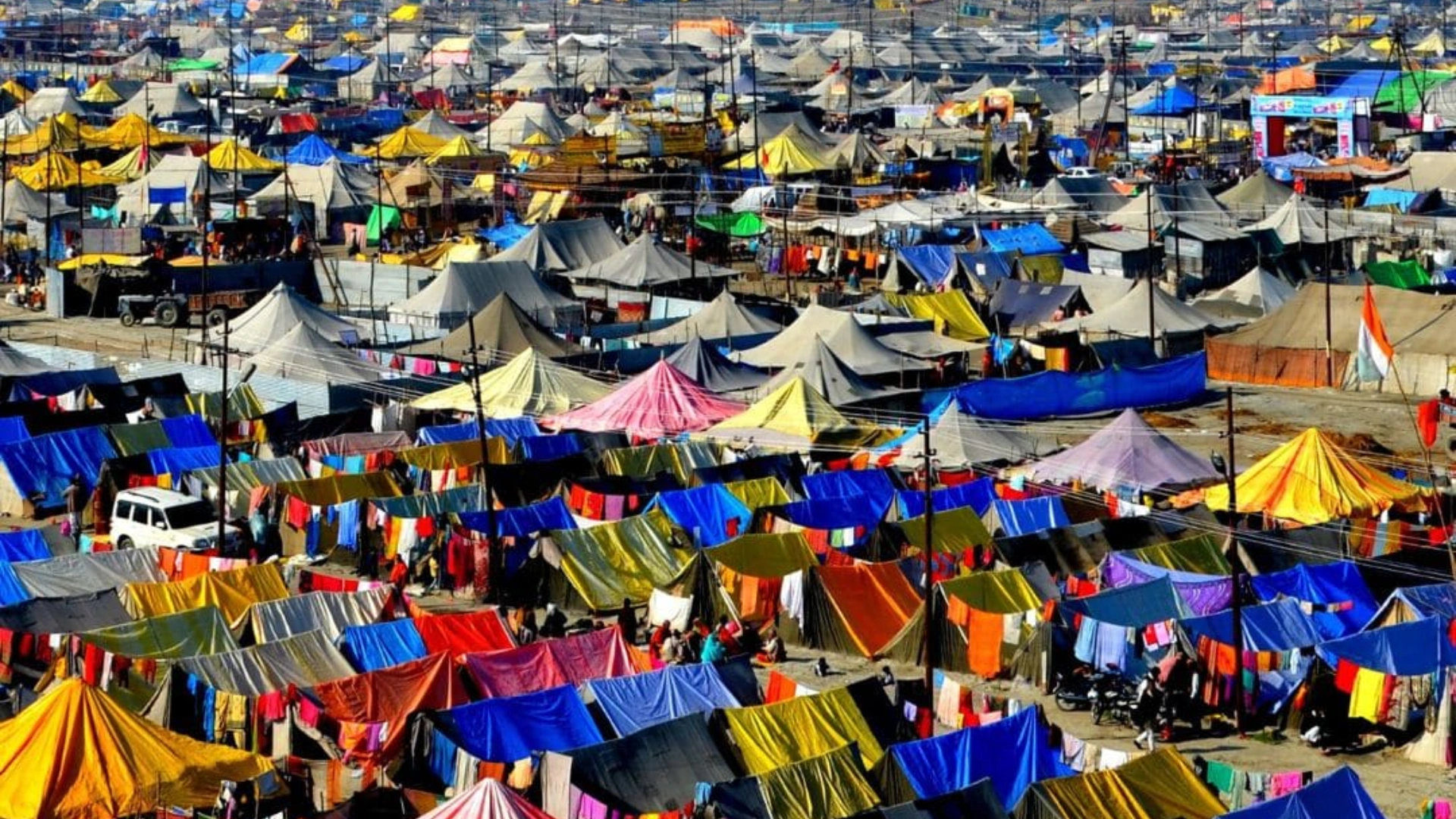On January 13, Thailand’s cabinet approved a controversial bill that attempts to legalize the operation of gaming within designated “entertainment complexes” as part of a much broader strategy toward reviving tourism and creating more jobs. ‘
This proposed law is going to make it possible to operate casinos, among other forms of entertainment, including theme parks, water parks, hotels, and shopping malls.
Gambling In Thailand
Currently, the only forms of gambling in Thailand are state-run horse racing and an official lottery, with illegal gambling taking place throughout the country. The government has been under increasing pressure to crack down on illegal betting while at the same time seeking ways to boost the tourism industry, which was severely impacted by the COVID-19 pandemic.
Prime Minister Paetongtarn Shinawatra said the objectives of the bill are “to increase revenue, support investment in Thailand, and solve illegal gambling.” The bill would then be sent to the Office of the Council of State for further drafting. Then, it will be subject to debate and voting in Parliament in Thailand, which may take many months.
Boost to Terrorism?
Deputy Finance Minister Julapun Amornvivat said the new entertainment complexes would add 5 to 10 percent to tourism and create up to 15,000 new jobs. However, he did not say where the complexes would be located or when they would be built.
Thailand has implemented a number of measures to increase tourism since the Covid-19 pandemic ended. The country has, in recent months, relaxed visa requirements for travelers from China and India, two of its largest tourist markets, in a bid to attract more visitors.
What are the concerns?
While the bill has gained support from some government officials, it has faced much opposition from conservative elements in the country. Thailand is a predominantly Buddhist nation, and there has always been a lot of resistance to the legalization of gambling as most people consider it incompatible with the religious and cultural values of the nation.
Such opposition has persisted even when the neighboring countries like Cambodia, Laos, and Myanmar have gambling operations that are booming.
Concerns about organized crime taking advantage of the gambling sector are also brought up by the proposal.
The casinos in Southeast Asia have turned into “foundational pieces of the banking architecture used by organized crime” to launder enormous sums of money, according to a warning issued by the UN Office on Drugs and Crime last year.
The Thai government is proceeding with its proposal in spite of these reservations, claiming that the legal casinos will help reduce the amount of illegal betting and offer a more regulated and controlled environment for gambling activities.
Additionally, advocates of the law assert that the entertainment complexes will be a cutting-edge, multifaceted destination for both domestic and foreign travelers.
ALSO READ: Man Impersonating As Firefighter Caught Looting Homes In LA Wildfire



















